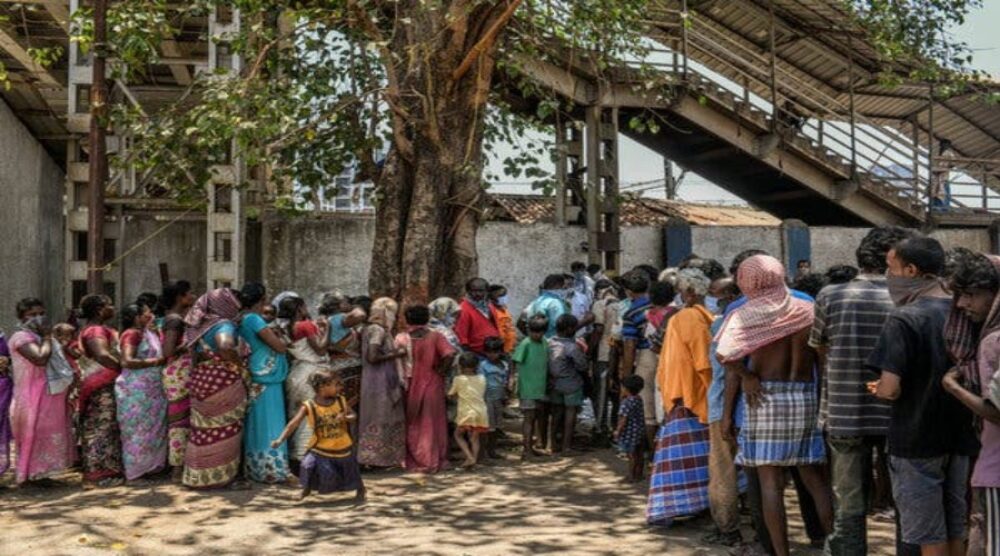The fight against COVID-19 has entailed a sharp, but one hopes transitional, decrease in economic and social activities across the world through a combination of containment and mitigation measures. The result is a predicted steep recession in both developed and developing countries.
There are fears that the scale and scope of this global recession will be the worst since the Great Depression. Such a development was not, of course, anticipated by any of the major international institutions that track developments in the global economy. Thus, the IMF’s World Economic Outlook of January 2020 observes that:
‘Global growth is projected to rise from an estimated 2.9 percent in 2019 to 3.3 percent in 2020 and 3.4 percent for 2021…’ It noted a series of ‘downside risks’ that could drag down global growth, such as ‘…rising geopolitical tensions, notably between the United States and Iran, intensifying social unrest, further worsening of relations between the United States and its trading partners, and deepening economic frictions between other countries.’
Any reference to the possibility of the coronavirus pandemic stemming from a specific country was conspicuously absent in the January 2020 global assessment, although publicly available reports were already alerting readers to a potential public health crisis in China and beyond. The World Economic Outlook of April has completely overturned its January forecasts and now predicts a 3 percent contraction in global output in 2020, although it expects a strong recovery in 2021.
Please click here to read the full “COVID-19 and developing countries: grim predictions of a significant increase in global poverty threaten the attainment of the SDGs” article originally published at Reflections on Government and Governance, written by Griffith Asia Institute Adjunct Professor, Yan Islam.








